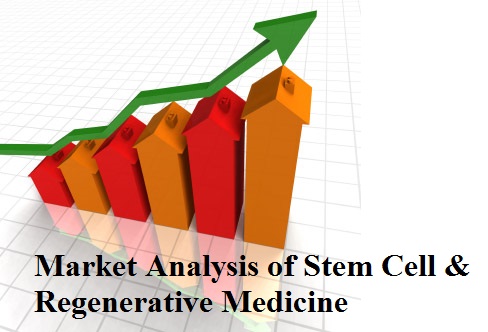Michał Pikuła
Medical University of Gdansk, Poland
Title: Phenotypic and functional analysis of human adipose-derived stem cells
Biography
Biography: Michał Pikuła
Abstract
Human adipose tissue constitutes a rich source of multipotent stem cells. Adipose-derived Stem Cells (ASCs) have been in the center of scientific and clinical attention, due to a wide range of possible implementations in tissue engineering, regenerative medicine and clinical immunology. These cells are characterized by a multipotent activity including high proliferative potential, secretion of trophic factors, direct interactions with immune cells and ability to differentiate into different kind of cells. Despite being extensively studied, phenotypic characterization of specific surface markers and details of differentiation potential need to be elucidated. The data obtained in our studies, based on flow cytometry technique, show that ASCs cultured in vitro express elevated levels of ASCs markers typical for mesenchymal stem cells (CD73, CD90, CD105, CD29). The variable level of expression was observed for CD31 and CD34, what seems to be a donor-to-donor variability. The observed markers expression did not affect the differentiation capacity of ASCs into chondrocytes, adipocytes and osteocytes. Additionally, our results show that the long term in vitro culture of ASCs has no impact on the surface expression markers pattern. According to our observations, no significant differences in the surface markers level and differentiation potential were noted between the cells obtained from oncological patients or from plastic surgery procedures. Summarizing, our studies reveal that ASCs are a promising tool in postoperative tissue reconstruction in oncological patients due to their high regenerative potential. However, further studies are required to provide more insight into the therapeutic potential of ASCs in postoperative management of patients undergoing oncology surgery.

